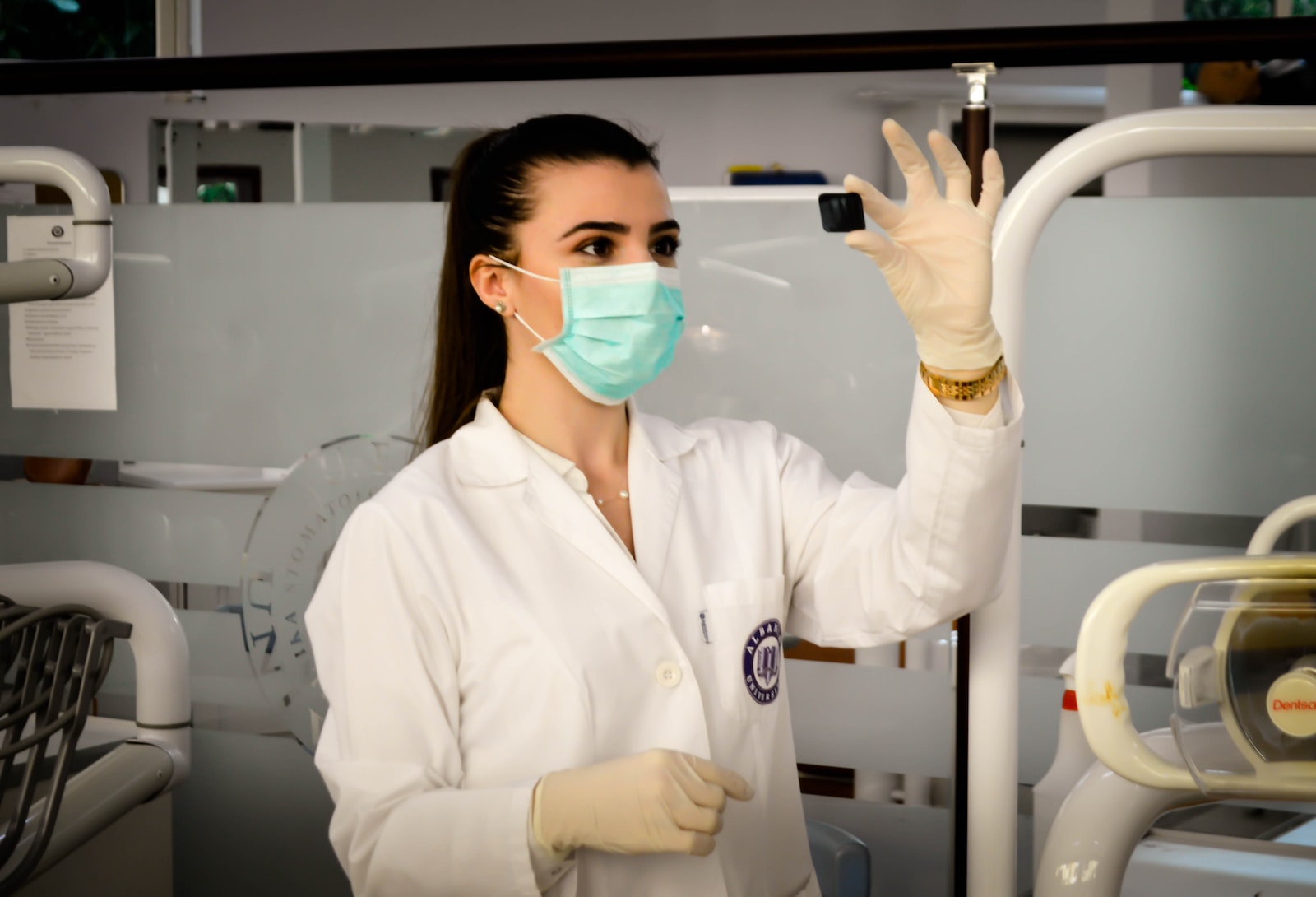![]()
Lung cancer is a type of cancer that originates in the lungs. It is the leading cause of cancer-related deaths worldwide, accounting for approximately 1.8 million deaths in 2018 alone. The history of lung cancer dates back to the early 17th century, when the first cases were described by medical doctors. However, it was not until the 20th century that lung cancer began to be studied in depth and effective treatments were developed.
Symptoms of lung cancer can vary depending on the stage and type of the cancer, but common symptoms include a persistent cough, chest pain, shortness of breath, and weight loss. The presence of blood in the sputum (phlegm coughed up from the lungs) is also a symptom of lung cancer. In some cases, lung cancer may not cause any symptoms in its early stages, making it difficult to diagnose.
Treatment options for lung cancer depend on the stage and type of the cancer, as well as the overall health of the patient. Surgery, radiation therapy, and chemotherapy are the most common forms of treatment for lung cancer. Surgery is typically used to remove the tumor and a portion of the surrounding healthy tissue. Radiation therapy uses high-energy beams to destroy cancer cells, while chemotherapy uses drugs to kill cancer cells. In recent years, targeted therapy and immunotherapy have also been developed as treatment options for lung cancer. Targeted therapy uses drugs that specifically target certain genetic mutations that are found in cancer cells. Immunotherapy uses the body’s immune system to fight cancer cells.
Prevention of lung cancer is key to reducing the number of cases and deaths from the disease. The most effective way to prevent lung cancer is to not smoke or to quit smoking. In addition to smoking, exposure to secondhand smoke, radon gas, and other environmental pollutants can also increase the risk of lung cancer. Eating a healthy diet, getting regular exercise, and maintaining a healthy weight can also help reduce the risk of lung cancer.
In conclusion, Lung cancer is a serious and deadly disease that affects millions of people worldwide. Understanding the history, symptoms, treatment, and prevention of lung cancer is essential for early detection and effective treatment. By taking steps to reduce risk factors such as smoking and exposure to environmental pollutants, and by eating a healthy diet, getting regular exercise, and maintaining a healthy weight, we can reduce the number of cases and deaths from lung cancer.
